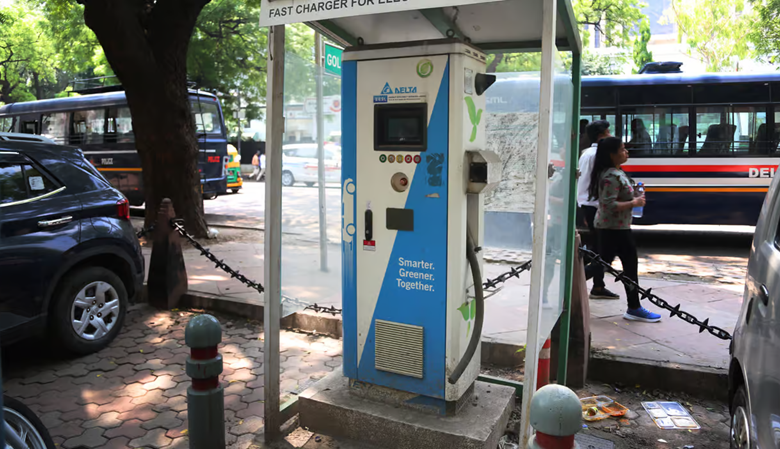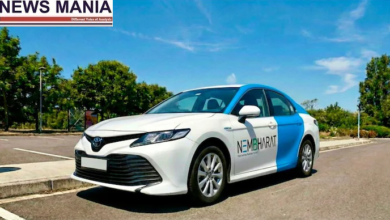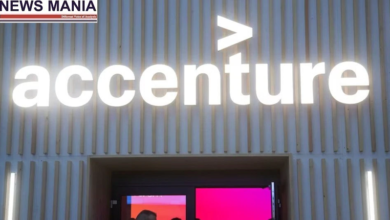India’s EV Owners Disillusioned by Charging Infrastructure Shortcomings

News Mania Desk/Agnibeena Ghosh/4th August 2024
In India, the growing enthusiasm for electric vehicles (EVs) is facing a significant hurdle: a shortage of reliable charging stations. A recent survey by Park+ reveals that more than half of the country’s electric vehicle owners—51 percent—are contemplating a return to traditional gas and diesel-powered cars due to the inadequate charging infrastructure. This dissatisfaction highlights a pressing issue for India’s ambitious plans to boost EV adoption and achieve its net-zero carbon emissions goal by 2070.
Rajiv Khattar, a 60-year-old business strategist, recounts his challenging journey from Amritsar to Delhi. Despite the peak summer heat, Khattar struggled to keep his EV charged, facing delays and operational issues at several charging stations along his route. His ordeal underscores a widespread problem faced by many EV owners in India: the scarcity and unreliability of charging stations.
The survey, which covered 500 EV owners across major cities such as Mumbai, Bengaluru, and Delhi, indicates that 88 percent of respondents are perpetually anxious about the availability of charging facilities. With India currently having about 25,200 public charging stations and plans to expand this number to 46,397 by 2030, the existing infrastructure still falls short of global standards. The current ratio in India is one charging station for every 135 EVs, whereas internationally, the ratio ranges from one station for every 6 to 20 EVs.
The disparity in charging infrastructure is a significant obstacle to India’s goal of having 80 million EVs on the road by 2030. Two-wheelers and three-wheelers, which constitute 90 percent of India’s electric vehicle fleet, underscore the need for a more robust charging network. Climate Trends and JMK Research estimate that India will require approximately 3.9 million public and semi-public charging stations to meet this target.
Amit Bhatt, managing director at the International Council on Clean Transportation (ICCT) India, notes that the lack of clear regulations and resistance from resident welfare associations and real estate developers hinder the establishment of new charging stations. The scarcity of charging infrastructure not only affects consumer confidence but also hampers the country’s progress toward its environmental goals.
The utilization rate of public charging stations in major cities like Delhi, Mumbai, and Bengaluru is alarmingly low, between four and five percent. This low usage is partly due to the random placement of charging stations and inadequate facilities, as highlighted by Paritosh Oza, general manager at Lubi EV Solutions. To improve accessibility and efficiency, Oza advocates for better land allocation for charging stations, particularly along highways where existing infrastructure could be integrated with commercial establishments like malls and restaurants.
Recent policy measures, including new guidelines for charging station distribution and interoperability among different providers, aim to address these challenges. The Indian Ministry of Power has proposed at least one charging station per 1km² grid in urban areas by 2030 and stations every 20km along highways. However, these plans will require significant investment and coordination to implement effectively.
Despite a notable increase in EV sales over the past two years, a drop of over 14 percent in June indicates the impact of a discontinued government subsidy scheme. The lack of timely subsidies and the current low resale values of EVs further discourage potential buyers, with 33 percent of owners expressing dissatisfaction with their vehicles’ resale prospects.
As India continues to push towards its 2070 net-zero target, it is clear that overcoming these infrastructure and policy challenges is crucial. With heavy-duty vehicles contributing significantly to pollution, a robust charging network will be essential for the successful transition to electric mobility. The government’s commitment to expanding EV infrastructure and addressing these concerns will play a pivotal role in shaping the future of electric transportation in India.






